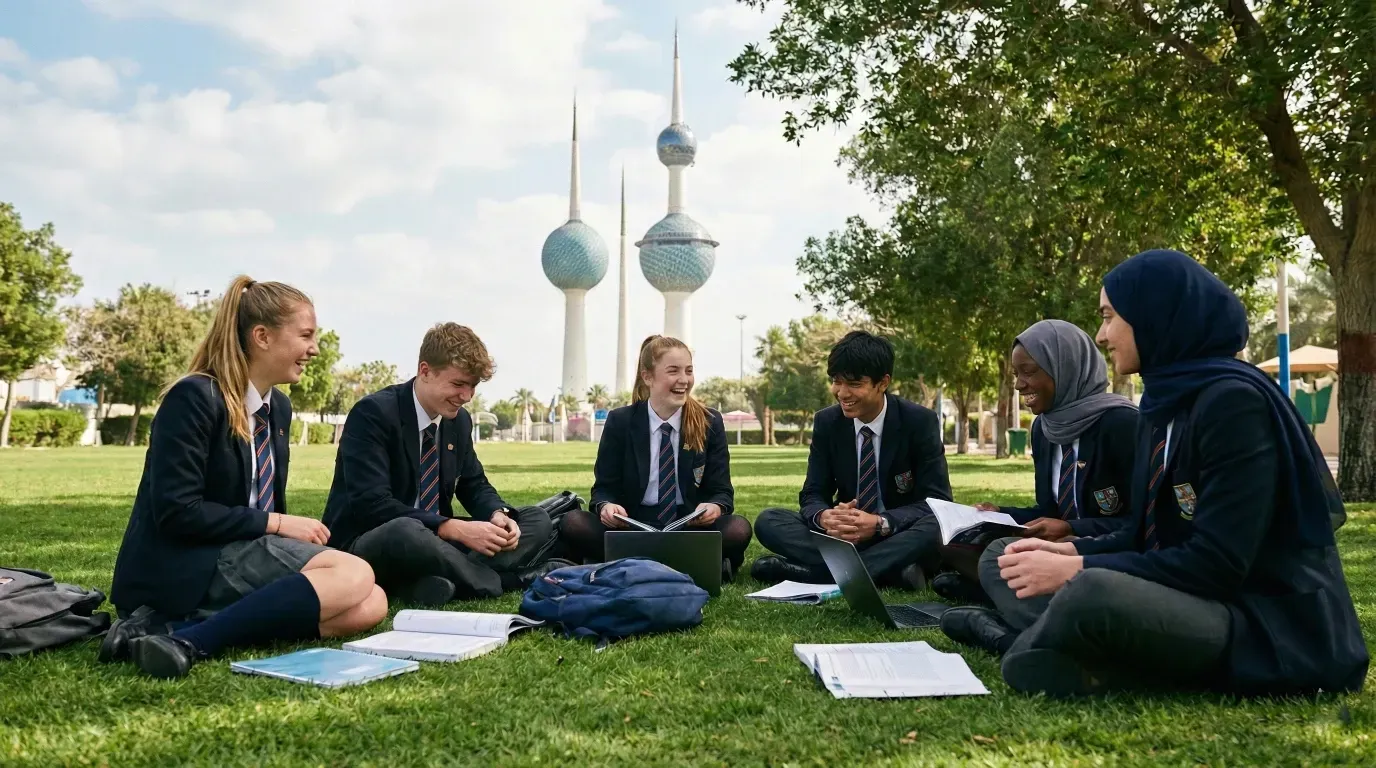10 Scientifically Proven IGCSE Study Tips
follow those easy tips to completely change how you study for your IGCSE exams in 2025

Preparing for the IGCSE exams can be a challenging journey for both students and parents. These exams are a crucial step in your educational path, and effective study strategies can make a significant difference. Here are ten detailed tips to help you excel:
1. Active Recall
Rather than simply reading your notes, engage in active recall by testing yourself on the material. Use flashcards or practice questions to reinforce what you’ve learned. This method helps to strengthen memory retention and is particularly effective for subjects like Biology and History.
2. Spaced Repetition
Utilize spaced repetition techniques through apps like Anki, which help you review information at gradually increasing intervals. This strategy is excellent for committing facts to long-term memory, especially useful for subjects requiring memorization, such as Chemistry and Mathematics.
3. Pomodoro Technique
The Pomodoro Technique involves studying in focused 25-minute sessions followed by a 5-minute break. This method enhances concentration and prevents burnout, making it ideal for tackling lengthy subjects like English Literature and Physics.
4. Interleaved Practice
Switch between different subjects or topics during your study sessions. This approach, known as interleaved practice, improves problem-solving skills and keeps learning dynamic. It’s particularly beneficial for subjects with overlapping concepts, such as Mathematics and Economics.
5. Feynman Technique
Teach the material to someone else or pretend you are explaining it to a younger student. Simplifying complex ideas into manageable explanations can deepen your understanding, which is especially helpful for difficult topics in Physics or Chemistry.
6. Use Dual Coding
Combine verbal notes with visual elements like diagrams or mind maps. This dual coding method can significantly enhance comprehension and recall, making it useful for visual learners tackling subjects like Geography and Biology.
7. Self-Explanation
As you study, explain concepts to yourself in your own words. This practice helps identify gaps in knowledge and solidifies understanding, which is crucial for subjects like History and Literature.
8. Chunking Information
Break down large amounts of information into smaller, more manageable chunks. This technique makes it easier to process and remember, and is particularly effective for subjects like Biology and Economics.
9. Exam Simulation
Regularly practice under exam conditions-quiet environment, strict timing-to build familiarity and reduce anxiety. Simulating exam conditions is invaluable for managing time effectively during the actual IGCSE exams.
10. Error Logging
Maintain a journal of mistakes from practice tests and review them regularly. This error logging ensures you learn from your mistakes and avoid repeating them in the actual exam, boosting your confidence and performance.
By implementing these strategies, IGCSE students can enhance their study efficiency and parents can better support their children’s learning journey. Remember, consistency and a positive mindset are key to success!
Try a free Class
IGCSE and IAL Guide for 2025 - 2026 Exams















